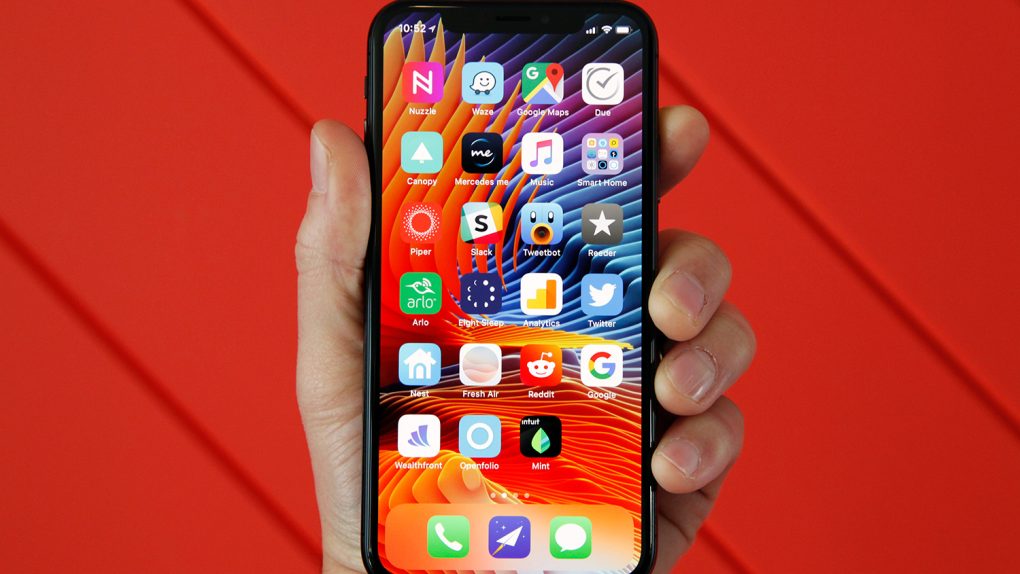There is plenty of talk about Apple’s iPhone X on Tuesday morning, and it’s unusually negative. A note to investors sent by KGI Securities analyst Ming-Chi Kuo, the world’s top Apple insider, suggested that Apple plans to discontinue the iPhone X this year. According to Kuo, Apple plans to stop selling the iPhone X when new iPhone models are released in September, in part because sales aren’t living up to expectations. On the surface, this would be an odd move for Apple, which has in the past continued to sell previous-generation flagship iPhones each year when new models are released. But if you dig a bit deeper, the move would make plenty of sense.
Kuo is almost always accurate when it comes to Apple’s plans. But in terms of the company’s strategy, he has a much worse track record. The analyst’s sources are at various companies in Apple’s supply chain, rather than at Apple itself. This is why Kuo knows things about products Apple sells — they’re built by third-party companies out of parts supplied by other third-party companies — but not much about what’s behind Apple’s decisions.
Kuo also offers two additional reasons for the move. Here is an excerpt from his note to clients:
iPhone X would hurt product brand value & lineup of 2H18 new models if it continues to sell at a lower price after 2H18 new models launch: Lowering iPhone X’s price after the 2H18 new models launch would be a negative to product brand value given 3D sensing and OLED display are features of the new high-price model. Additionally, to sell iPhone X at a lower price may have a negative impact on shipments of the new 6.1″ LCD iPhone in 2H18. Thus, we estimate iPhone X will reach end-of-life (EOL) around the middle of 2018.
This first one seems ridiculous. A lower-cost iPhone X would “hurt product brand value” if Apple continues to sell it at a lower cost after new models are released? This is something Apple has done each and every year. How would it suddenly begin to harm the iPhone’s “brand value”?
Is the logic here that selling a discounted iPhone with Apple’s new iPhone X design identity would hurt brand perception? Again, this is an illogical concern. Apple’s new (almost-)all-screen design will be present on all new iPhone models moving forward, with the near-term exception of the iPhone SE. In other words, all new flagship iPhone models will look like the iPhone X in the coming years, including previous-generation models that will be discounted when new iPhone models are released.
Finally, Kuo’s last of three reasons is the only one that seems like it has some truth to it: A cheaper iPhone X would occupy the same space in Apple’s 2018 iPhone lineup as one of the newer models the company reportedly plans to release.
According to the analyst’s well-placed sources, Apple will release three new iPhones later this year. The first will be an upgraded version of the 5.8-inch OLED iPhone X and the second will be a larger “Plus” version of the phone with a 6.5-inch OLED display. The third, according to Kuo, will be sized between them with a “notched” 6.1-inch LCD screen, but priced below both OLED iPhone models. If we assume a price point that is $100 below the upcoming new iPhone X successor, there would be nowhere to price the iPhone X without decimating iPhone margins in the process.
There’s a far simpler and more likely explanation than the first two Kuo offers. If Apple does discontinue the iPhone X this year, it’ll be because the iPhone 8 and iPhone 8 Plus are the lower-cost 2017 iPhones that Apple plans to retain in its updated lineup. The new 6.1-inch LCD iPhone will fill the space that would’ve been occupied by a discounted iPhone X, and then 2018 5.8- and 6.5-inch OLED iPhones will sit at the top of Apple’s lineup.








